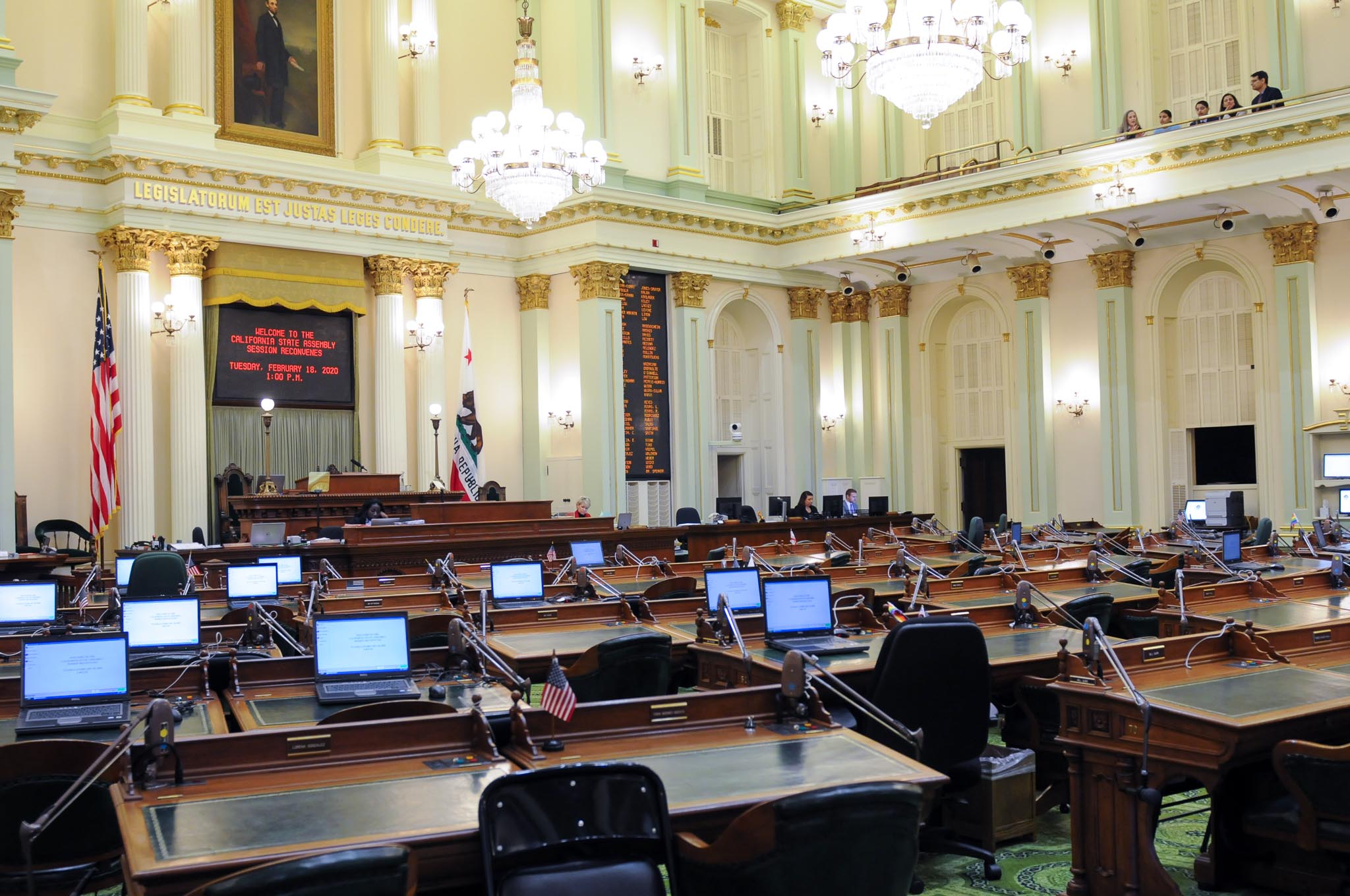
California State Capitol. (Photo: Kevin Sanders for California Globe)
Federal-State Extended Benefits
An individual is not disqualified under this section if any of five criteria are met
By Chris Micheli, October 27, 2024 2:30 am
In the California Unemployment Insurance Code, Division 1, Part 4, Chapter 2, Article 1, deals with eligibility and disqualifications. Section 4551 provides that federal-state extended benefits are payable from the Unemployment Fund to unemployed individuals who are eligible under this part.
Section 4552 specifies that an unemployed individual is eligible to receive federal-state extended benefits with respect to any week only if the director makes seven findings.
Section 4553 provides that an unemployed individual is disqualified for federal-state extended benefits if the individual, without good cause, refused to accept suitable work when offered to the individual, or failed to apply for suitable work when referred by a public employment office. The term “suitable work” is defined.
An individual is not disqualified under this section if any of five criteria are met. The department makes a determination of whether any work is “suitable work” and whether there is a disqualification from benefits with respect to the individual.
Section 4554 provides that an individual is disqualified for federal-state extended benefits if the individual fails to actively engage in seeking work. An individual is treated as actively engaged in seeking work during any week if both of the specified conditions are met.
Section 4555 states that, if an individual is disqualified for federal-state extended benefits, then the individual will be ineligible to receive federal-state extended benefits.
Section 4556 says that, when the department refers individuals who have applied for federal-state extended benefits to work, the referrals must include suitable work.
Section 4557 provides that payment of federal-state extended compensation is not to be made to any individual for any week if both of the specified conditions are met.
Article 2 deals with computation, including the amount and duration. Section 4601 requires the computation of the amount and duration of federal-state extended benefits to be made in accordance with existing law.
Article 3 deals with filing, determination, and payment of federal-state extended benefit claims. Section 4651 requires claims for federal-state extended benefits from being made as provided in this article.
Section 4652 requires an individual who desires to claim federal-state extended benefits to file a valid application. An application for federal-state extended benefits is valid only if its effective date is within an extended benefit period and his eligibility period. The term “valid application” is defined.
Section 4654 requires the department to give a notice of the filing of an application or an additional claim to the employing unit by which the individual was last employed immediately preceding the filing of the application or claim unless the additional claim is the result of the filing of a partial claim as defined by the department, there has not been a subsequent employing unit which is designated as the last employer, and there is no separation issue.
Section 4655 requires the EDD to consider the facts submitted by an employer and, if benefits are claimed subsequent to the filing of the federal-state extended benefits claim, make a determination as to the individual’s eligibility for the federal-state extended benefits. The EDD is required to promptly notify the individual and any employer of the determination and the reasons therefor. The individual and this employer may appeal to an administrative law judge within 30 days from service of notice of the determination.
Section 4656 requires the department to promptly make a federal-state extended benefit award computation that sets forth the maximum amount of federal-state extended benefits potentially payable during the extended benefit period, and the weekly benefit amount. The department must promptly notify the individual of the computation. The individual may, within 30 days after the service of the notice of computation or recomputation, protest its accuracy.
Article 4 deals with reserve accounts. Section 4701 provides that an employer that is entitled to notice of the filing of an application or additional claim and who, within 10 days after mailing of the notice, submits to the department any facts within its possession disclosing whether the individual left the most recent employment with the employer voluntarily and without good cause or was discharged from the employment for misconduct connected with their work, is entitled to a ruling as prescribed by this section. The period during which the employer may submit these facts may be extended by the director for good cause.
Section 4702 provides that federal–state extended benefits, to the extent that these extended benefits are not reimbursed or reimbursable by the federal government to the State of California, must be charged against the reserve account of the individual’s employer during his or her base period.
If the individual performed services in employment for more than one employer during his or her base period, unemployment compensation benefits paid to him or her shall be charged against the respective reserve accounts of such employers in the proportion that the total wages paid to the individual in employment for each employer bears to the total wages paid to the individual in employment for all employers during the base period.
Article 5 deals with overpayments. Section 4751 modifies provisions of Article 4.
- Unclaimed Property Law General Provisions - February 2, 2026
- Specialized Areas of Lobbying - February 1, 2026
- Partition of Property by Appraisal - February 1, 2026




